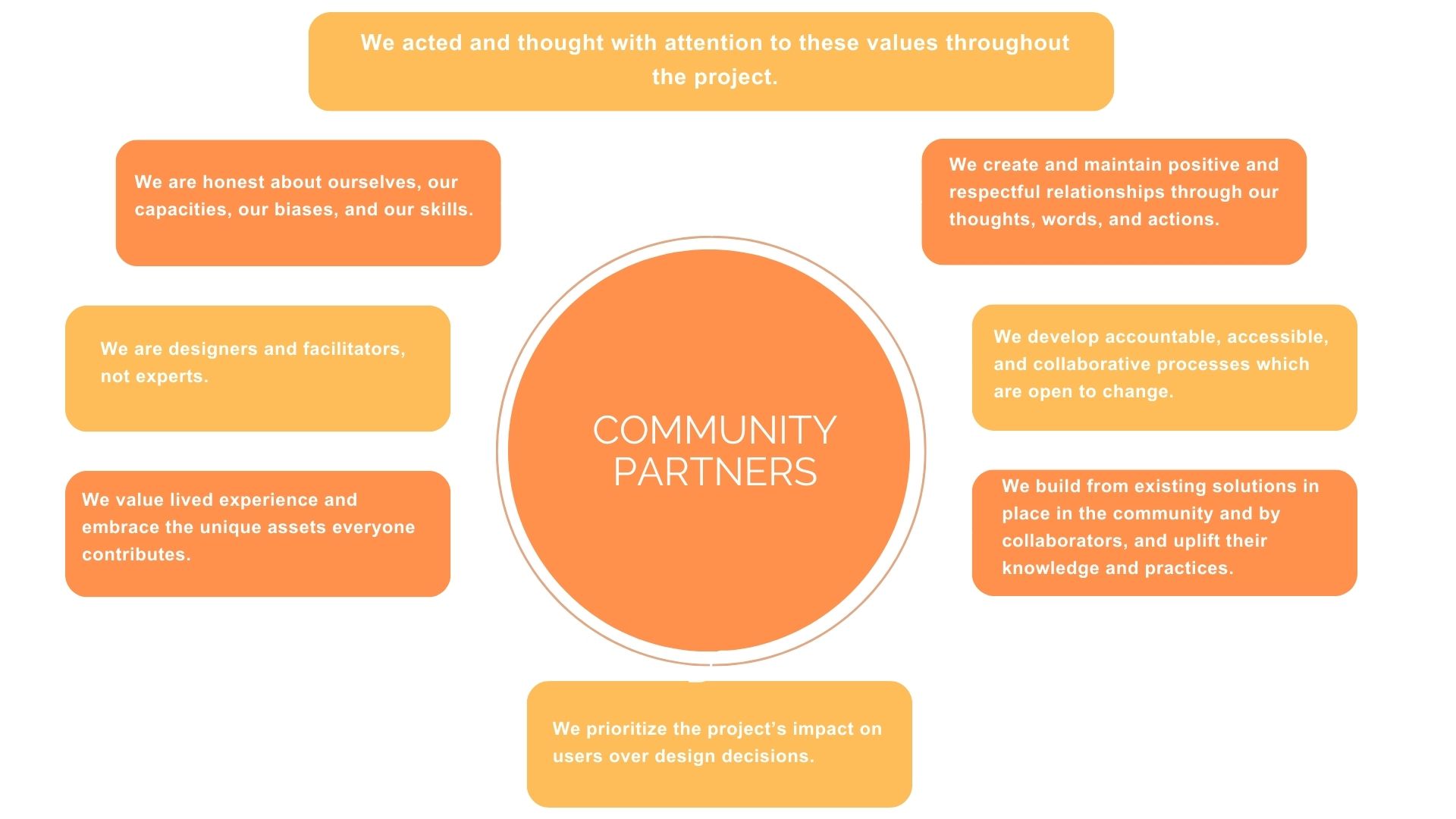About
Land Acknowledgements
Lia: the lands under my feet that have sustained me. Starting with the lands of Treaty 8 and Metis region 1, the traditional and ancestral territory of the Cree and Dene. I want to acknowledge the land of Treaty 6 and Metis Region 4 where the University of Alberta lives. Lastly, and most importantly, I want to acknowledge the land where I live now, Treaty 7, where the Blackfoot meet on Elbow’s bend, soon came the Tsuut’ina of the Beaver Clans, and the Îethka Stoney Nakoda from the mountain lands and last but not least the Métis people of Region 3, we are all treaty people here in Calgary. Finally, I want to acknowledge the night sky overhead as a special place of sustenance and knowledge.
Alyssa: I would like to acknowledge that I am on the land of the Anishinaabe, Haudenosaunee, and Neutral Peoples, who’s strong and rich culture has influenced and will continue to influence the land. The treaties present here are the Haldimand treaty and the Simcoe Patent or Treaty 4 of 1793. I am forever grateful and privileged to be able to live, learn and create on this land (also known as southern Ontario) that Indigenous peoples have been stewards of for thousands of years.
Rose: in New Brunswick the libraries I work in are found on the land of the Wəlastəkwiyik, Mi’kmaq, and Passamaquoddy Peoples. I wish to express my sincerest gratitude to the First Peoples who share their ancestral homelands with me.
Positionality
We are all white, cis women. We know that we are privileged in our ability, education, class, race and sexual orientation and have access to resources that many other women do not. We have privileged advantages in education, income, and family background. Philosophically and in practice we strive to be humble and mindful of our privilege and seek to actively understand others’ lived experiences. We try to be cognizant of our own biases and recognize how they may shape our research.
Like other women, we experience systemic sexism, overt sexism and live in a world to an extent moulded out of patriarchal values. We actively try to expose and re-shape these ways of thinking.
We undertook this research because of our desire to understand the feminist positionalities of the past. We sought to investigate the way in which these struggles did not exist in a vacuum, but intersected with other social movements and events taking place at the time. We are interested in the ways women like Karen Rowswell reacted to these social movements by attempting to create local change in their time. We also wish to reflect on what hasn’t changed and the ways in which the forces these activists were striving against are still in place.
We respect this material as evidence of the work of women who came before us that contributed to changing and shaping the world we live in now. We are grateful to institutions such as the City of Edmonton Archives for preserving these materials.
Our Values

Thank You
Our sincerest thanks to Dylan Bremner and Tim O'Grady at the City of Edmonton Archives for providing us access to the Karen Rowswell collection and guiding us through other parts of the archive. Thank you to Estelle Carol at the CWLU History Project for permission to use images of the Chicago Women's Graphic Collective posters.
